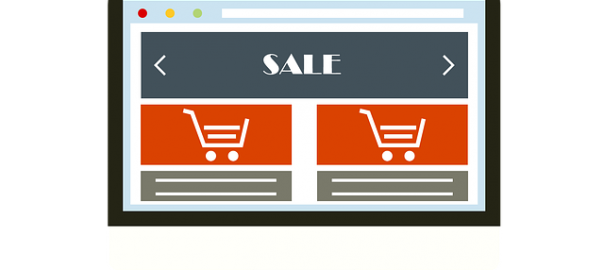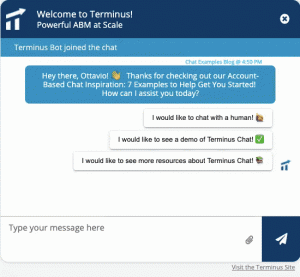— September 14, 2017

justyre / Pixabay
Uber may have disrupted the transit industry, but how is it impacting the world of digital commerce? Here are four ways the ride-hailing service is affecting everyone’s business.
1. Effortless Buying
The first thing Uber did was make the ride-hailing mechanism effortless. Now you can summon a ride with just a few taps on your smartphone. Amazon also applied effortless buying to the world of digital commerce, by offering a ‘Buy with 1-Click’ button. With the Amazon Echo, or Wand, you can now order your groceries using just your voice.
Space X and Tesla founder Elon Musk plans to take this idea a step further with his new company, Neuralink. His goal is to create a cloud-based AI extension to the human brain, designed for people with severe brain injuries. By using the same “consensual telepathy” technology, we could soon make a purchase just by thinking about it.
2. Frictionless Checkout
Uber has taught us how to pay for things subconsciously. When you exit the car, the transaction happens invisibly. The payment is so natural that sometimes it’s easy to forget you’re paying. In commerce, we are moving towards quicker, easier ways to checkout. Apple Pay already uses one-touch syncing and fingerprint recognition. PayPal One Touch allows you to breeze from site to site without logging in.
Amazon is now piloting a completely frictionless retail program in Seattle called Amazon Go. In this store, you can just pick up what you need and walk out—without getting arrested. There’s no physical checkout, it’s like paying for your Uber.
3. Mobile Web Revolution
While everyone was aiming for mobile-first, Uber went straight to mobile-only. Mary Meeker’s ‘2017 State of the Internet’ report revealed the average American spends 3.1 hours a day using their mobile phone. One of the biggest challenges for retailers is to deliver exceptional mobile experiences and increase mobile conversion rates. Many retailers have used native apps to do this, but the problem is getting consumers to use them.
The newest benchmark on mobile is ‘one-second responsiveness.’ But is that possible without a native app? At Magento we believe the next wave in great mobile experiences is Progressive Web Apps (PWAs). PWAs increase responsiveness on your mobile, delivering a fast, app-like experience in the browser.
4. Consumerization of Delivery
Uber riders expect their car to arrive in minutes, and can track the driver’s arrival on their smartphone. With Prime, Amazon’s customers expect two-day delivery. We are living in a consumer’s world, and these mega-companies are driving aggressive expectations for delivery and transparency.
How can other businesses disrupt delivery? There is talk about drones, but FAA and aviation regulations can provide hurdles. However, autonomous vehicles driven by GPS are already being trialed by brands including Domino’s Pizza. In Australia, Krispy Kreme is using Magento Shipping to provide doughnuts on demand–schedule a delivery up to three months in advance. Walmart is even asking their employees to deliver packages on their commute home with the help of efficient order management systems. It’s clear that businesses big and small are thinking outside of the box.
To learn more about the “Uberification” of commerce, catch the video from my recent session at MagentoLive UK.
Digital & Social Articles on Business 2 Community
(53)






